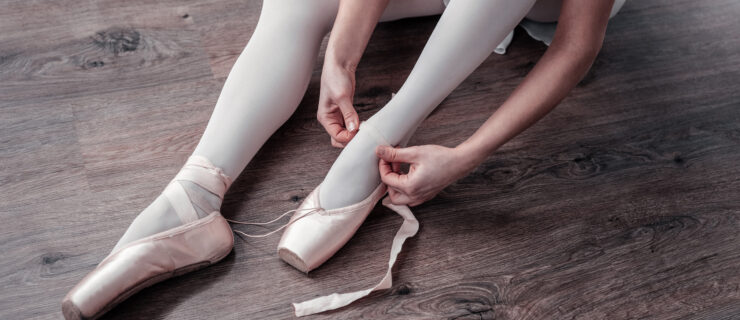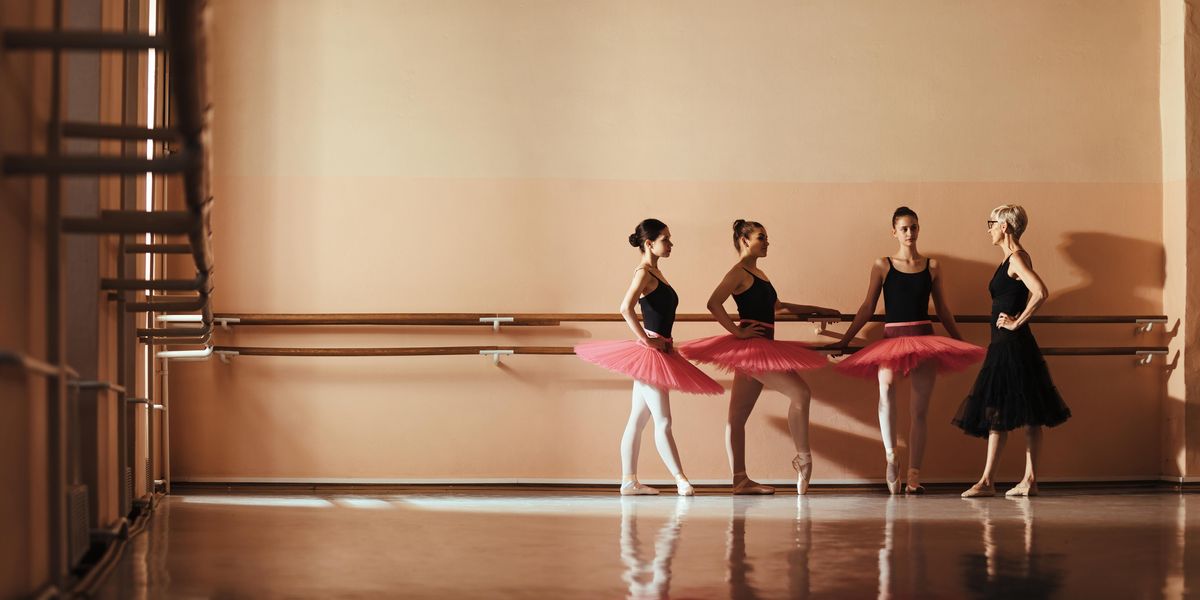Ask Amy: What Does It Take to Make It in Ballet?
I’ve always wanted to be a ballerina. Nothing makes me happier than when I’m performing on a stage. I want to pursue this career, but so much goes along with it. How do I mentally and physically prepare myself for when I’m old enough to get into a dance college, or audition for companies? —Delaney
I remember being in your shoes when I was a teenager. I wanted nothing more than to perform onstage for a living, but I didn’t know how to get there. Since no one at my studio had really done it before, I relied heavily on the guidance of my teachers—and, boy, am I thankful for their help!
You’re right: So much goes into pursuing a dance career. First, there’s the time and financial commitment: Physically, you need to dedicate several hours a day, five to six days a week, to your ballet training, including plenty of pointework. Today’s professional dancers also need to be versatile, so a supplemental class in a different genre, like contemporary, is also key. You’re an artist, but you’re also an athlete, so you have to eat nutritiously and fuel your body so that it can handle all of that exercise. And, mentally, you need to be okay with sacrificing other things, like sports teams, extracurricular activities or social events, to balance dancing, schoolwork and properly resting your body.
You also need to evaluate the quality of your training; ideally—and especially during your late teens—you should be dancing in some sort of pre-professional program, alongside other serious students, and have opportunities to perform. If you’re not getting that at your studio, research others in your area to see if it’s possible to supplement classes or switch entirely. Or, talk to your family about auditioning for schools away from home. (Our Pre-Professional Program Guide can help you research different programs.) Many dancers up their training by attending summer intensives and/or preparing for competitions, which can also help you evaluate where you stand among your peers and be a wonderful networking experience. You should also start researching the companies and colleges you’re most interested in to find out what kind of training they look for.
I’m glad you asked about how to mentally prepare for a dance career, because it can be very psychologically challenging. You need inner strength to push through tough choreography when you’re tired and your feet hurt, or when you’re unhappy with your performance or a role you receive. Jobs are scarce, plus ballet is subjective, meaning directors and choreographers hire dancers and cast ballets based on their personal tastes and preferences. At times you may be told that you are “too much this” or “not enough that,” or be judged on something you can’t control, like your height or your body structure. (At 5′ 8″, I was often “too tall.”) You need to develop persistence and believe in yourself so that you’re not derailed by critique or rejection. A supportive mentor—perhaps a trusted teacher or an older dancer—can help you navigate especially tough times. And always remember that job decisions are based on one person’s opinion, and that there are lots of different paths to success.
Dancers are also prone to perfectionism; it’s easy to beat yourself up over your perceived flaws, or to start comparing your technique and your body to others’. This is especially true when you’re a teenager, so use this time to actively develop your self-confidence. You want to have high standards for yourself, but also acknowledge the hard work you put into your dancing, and understand that improvement is a process. Psychologists call this a “growth mindset” (read more about it here), and there’s no better time to start cultivating one than right now. Good training and a healthy attitude can take you far.
Have a question? Send it to Pointe editor in chief and former dancer Amy Brandt at [email protected].





